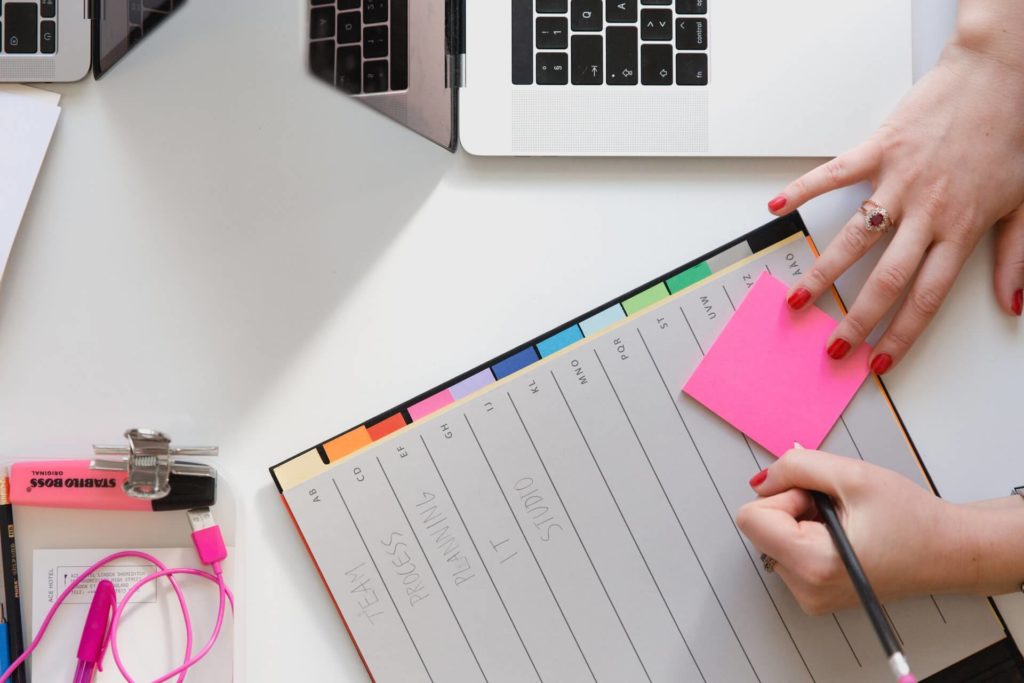(Note: While the term can be interchangeable – sign name or name sign, for the purpose of this blog, I will be using sign name).
If you are familiar with Auslan and its Deaf community, you will know about or have heard about sign names. Sign names have a rich cultural heritage in Deaf communities all over the world and strong ties to Deaf history and tradition.
The purpose of a sign name is to indicate one’s membership in the Deaf community and to identify a person without the need to fingerspelling their name over and over again.
Normal protocol when meeting a new person is to introduce yourself and fingerspell your English name. If you have a sign name, you show this after spelling your name first. I realised that this process isn’t known by all recently when I met a young hard of hearing student who is learning Auslan. As she introduced herself, she signed some obscure (to me) sign. It took a few moments to clarify that that was her sign name because she hadn’t finger-spelled her name first.
Being given a sign name is – or should be – a privilege, an honour. Ideally the sign name is carefully considered and the person who gives it knows the receiver of the sign name well and believes it is a good match.
I acknowledge that sometimes the sign name is given purely for functionality or practicality, such as in schools. Sometimes sign names are also given tongue-in-cheek/in jest.
Sign names must be given by a Deaf person. A hearing person can’t give another person a sign name nor can they give themselves one.
A sign name is not something you ask for or push for. If it happens, it will do so naturally with continued and ongoing involvement in the Deaf community and with regular use of Auslan. It becomes a mark of your place in the Deaf community. I know someone who waited 7 years before she was gifted a sign name.
Not everyone gets a sign name. Learning some Auslan and being involved in the Deaf community does not automatically guarantee you’ll get a sign name.
Sign names were originally exclusively for deaf people. It was uncommon for hearing people to be given a sign name. Over time, hearing people who used the (sign) language and were seen as part of the Deaf community – such as teachers of the deaf, interpreters, children of deaf parents – were given sign names as this indicated one’s inclusion in the Deaf community.
On the other hand, some well-known people with no deaf connections at all may be assigned sign names. One such example, my personal favourite, is Donald Trump.
Sign names typically derive from the following aspects:
Descriptive, such as
- physical features
- personality traits
- mannerisms or behaviour
- hobbies or interests
- occupation
Arbitrary, such as
- initials of one’s name
- a play on one’s English/spoken name (what it rhymes with, looks like, sounds like).
‘In Jest’ – Sometimes a sign name might be teasing/joking such as ‘BOSSY’ or ‘SHORT’.
Sometimes a sign name can be a combination of arbitrary and descriptive, like mine: My sign name includes the initial of my name (M for Michaela) and a physical feature (long hair) and interest (love of dogs).
I was given my sign name when I was 20 years old. At the time my hair was past my bottom and almost without fail, whenever I saw a dog, I had to pat it (with the owner’s permission of course), no matter where I was or who I was chatting with at the time – a trait I still have to this day!
Side note: It’s not uncommon in Australia for some sign names to utilise the ASL initials/letters. One of my Deaf friend’s sign name is a combination of the ASL ‘A’ with ‘COMPUTER’.
My sign name was given to me by some dear Deaf friends who discussed and gave great thought to the name they would bestow on me. I love my sign name and am grateful that my friends ensured I appreciated the honour of receiving it.
I fear the cultural and historical implication of sign names is lost on some people. I am always a little nervous when I see some Deaf just issuing sign names left and right, willy-nilly. The people they are giving the sign names to have not shown they will be involved in the Deaf community, nor have their sign names been given with much thought or consideration. This also robs those people of the chance to see what sign name they might have been given by someone who knew them well.
I sincerely hope the Deaf community continues to uphold the tradition of bestowing sign names thoughtfully and with reservation.
Hope you found this handy and keep up your Awesome Auslan!
Disclaimer This information is entirely subjective and based on my personal experience, interpretation and understanding of the subject matter.

As a Deaf person who has used, loved, and continued to learn Auslan throughout my life, it was when I started studying the Diploma of Auslan (Deaf cohort 2018) that I was awestruck by how beautifully complex Auslan is.

